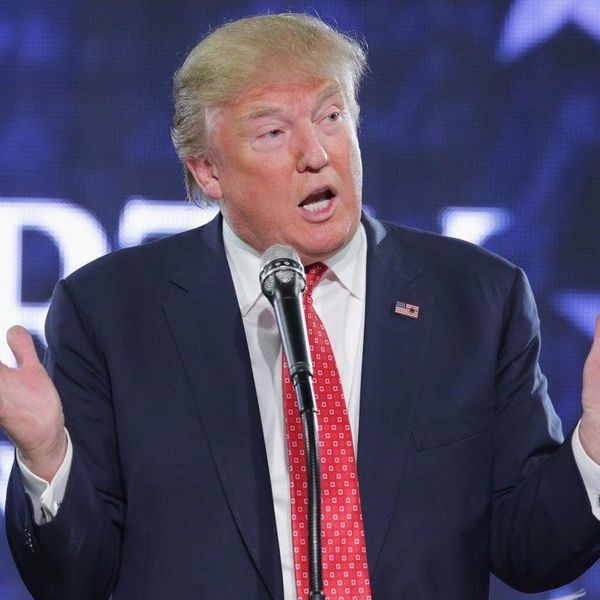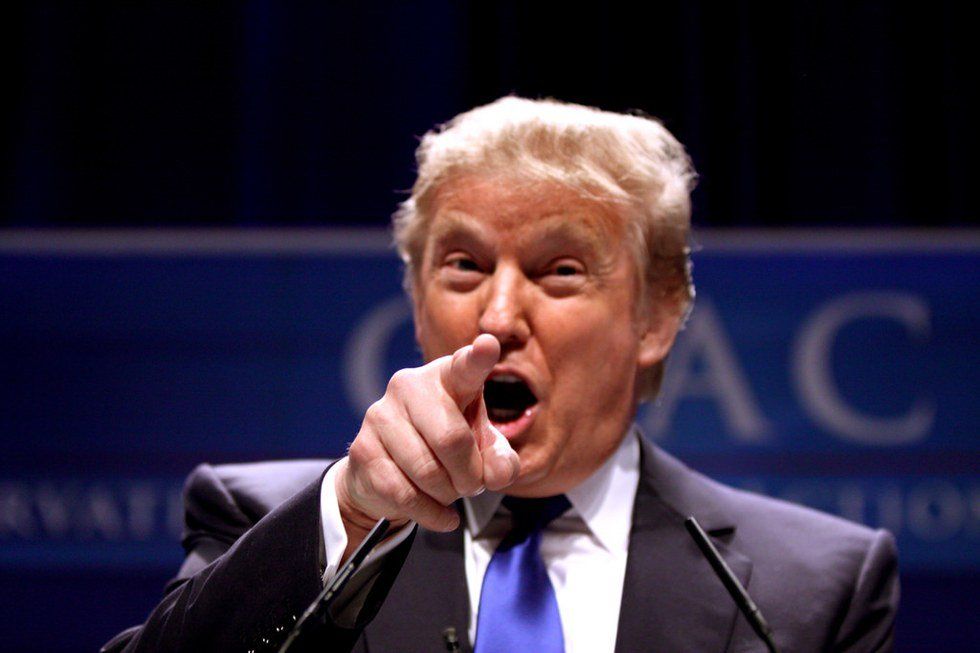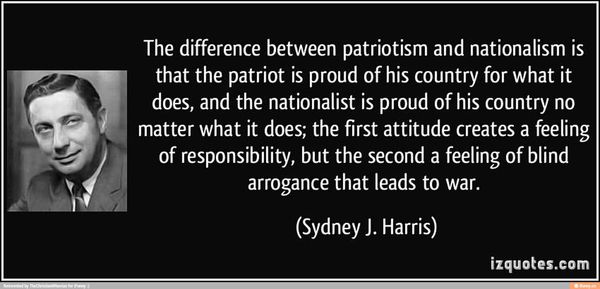Donald Trump securing the Republican nomination left even the most attuned political analysts with their mouths agape. He, who was at odds with not only the two leading Democratic candidates but the 10-plus opponents in his own party as well, managed to win the hearts of Republican-voting America after long being considered unviable. So, how did it happen?
One thing is certain: name recognition is critical. Of the 13,300,472 Primary votes for Trump, how many do you want to guess were made by voters who simply liked him on The Apprentice? More and more voters are making the effort to do their research, but even still, a sizeable number of Americans remain indifferent to the news and current events—simply not as interesting as reality television. Trump not only has the edge of being well-known as a public figure but because more people have actually observed him outside of the political realm. For a country whose citizens often like to say they “don’t like politics,” Trump is pretty fantastic at not being political (aka, he “tells it like it is”).
Perhaps the more groundbreaking link to Trump’s success, however, lies in a discovery made by Matthew MacWilliams at the University of Massachusetts. Among the inconclusive studies that paired Trump supporters and common subject variables/ideologies to see if any correlations existed, it was MacWilliams’ study that actually found that it was authoritarians that identified the closest with Trump. No other variable that was studied by other political scientists was so statistically significant.
People with authoritarian personality traits believe in obedience to authority over personal freedom. Authoritarian parents, for example, require their children to obey them under all circumstances. Ironically, conservative Republicans (who are very often also authoritarian parents) will tell you they support personal freedom and a weaker, decentralized government. Why is it that Trump supporters have ideologies and personalities so seemingly conflicting to the party he is running with? How is it that Trump garners more support from those with authoritarian personality traits than any other candidate?
Whether or not the founding fathers actually wanted the country to be religiously influenced, high religiosity is a dominant trait in Republican voters. Christians at large believe God presides above all else—government and politics included—and social order is to be maintained, to some extent, based on Christian doctrine. Jesus did not talk much about free enterprise or gun control, but the more emphasis placed on literal interpretation of the Bible, the more authoritarian the Christian God becomes. As such, there is a link between high religiosity and high authoritarian personalities: obedience and order are the driving force of moral good, which is why Republican platforms promote social conservatism in a ways other right-leaning ideologies do not.
Yet, if religiosity were the most important factor to authoritarian voters, Rick Santorum would be the one debating Hillary Clinton this month. Trump clearly has some other type of magic that gave him the nomination while also not being nearly as conservatively Christian as his predecessors. Instead, the key to Trump’s success lied heavily in what he did that his party opponents didn’t do.
Trump, who flat-out suggested to ban Muslims from entering the country and to place a full ban on illegal immigrants, appeals to the traits that make authoritarian types the way they are. By insisting on crass policy decisions against those perceived social “deviants,” he acknowledges the authoritarian desire for order and obedience while also appealing to their rooted fear of disorder and disobedience. His diction is purposely not diplomatic; instead, he is the buddy that you talking politics with after a round of golf who unapologetically validates how threatened you feel by what's going on in the world. Considering he was able to score even the worst of the worst (white supremacists and neo-Nazis, specifically), Trump's political incorrectness was hugely effective for right-wing authoritarians.
Most of those who are familiar with the mechanics of politics are perplexed at best of his general mannerisms and inappropriate outbursts, those who aren’t—which is the larger portion of America—find it refreshing. The Americans that “don’t like politics” love him because he is specifically not political (remember Trump v.s. “The Establishment?”). To them, he is the outsider that actually wants to correct America's problems without the shadiness of governmental influence that makes other candidates appear vague. Those more politically-conscious but equally authoritarian Republican voters see someone who can validate the reason why they are Republican when other candidates underwhelmed them. Amid the satire, jokes, and general disgust, Trump used his candor to mobilize both politically-apathetic and politically-inclined supporters who have faith he will, truly, restore America to order by "making it great again."
Political party platforms are far more fickle than ideologies and personality traits, and perhaps Donald Trump's candidacy foreshadows another shift for the Republican party. As for the rest of us, here’s to hoping we’ll have enough alcohol to sustain our sanity the night of November 8.





















